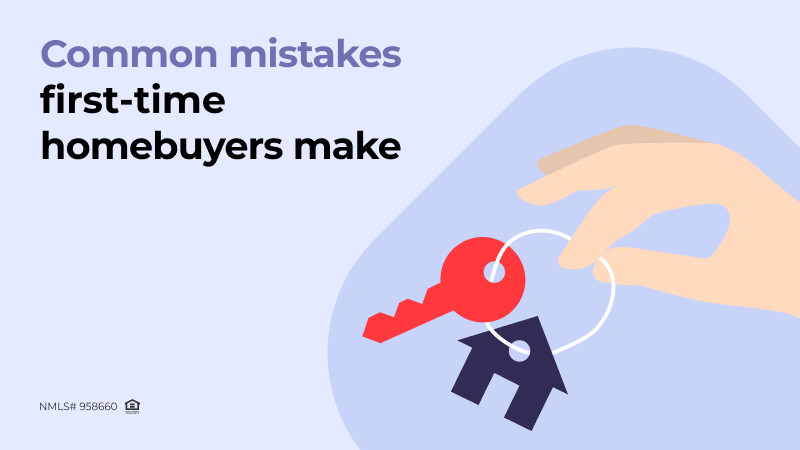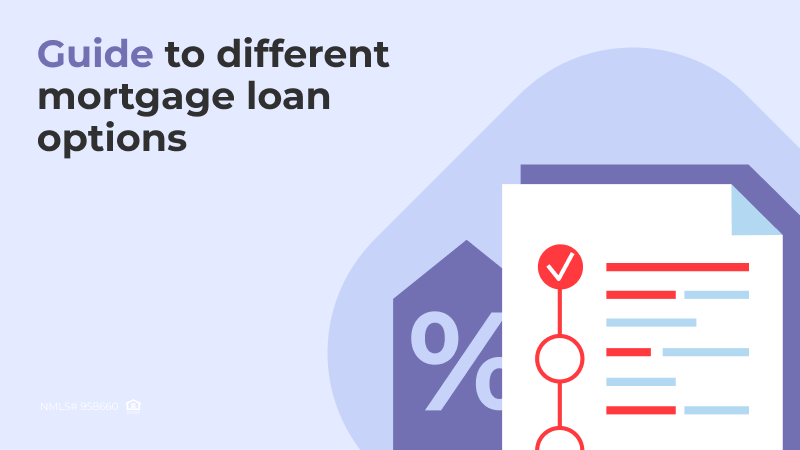Introduction: When it comes to obtaining a mortgage, most people are familiar with traditional options that require strict income and credit qualifications. However, there’s a lesser-known category called non-qualified mortgages (non-QM) that caters to individuals who may not meet all the conventional criteria. If you’re considering a non-QM mortgage, it’s essential to comprehend the ins and outs, advantages, and potential pitfalls. In this comprehensive guide, we’ll explore non-qualified mortgages, helping you make an informed decision before submitting an application.
Understanding Non-Qualified Mortgages:
- Defining Non-Qualified Mortgages: Non-qualified mortgages are home loans that don’t adhere to the stringent requirements set by the Consumer Financial Protection Bureau (CFPB) under the Qualified Mortgage (QM) rule. While these mortgages may not fit the traditional mold, they offer alternatives for borrowers with unique financial situations.
- Types of Non-Qualified Mortgages: Non-QM mortgages come in various forms, each designed to cater to specific circumstances:
- Interest-Only Loans: Borrowers pay only the interest for a specified period, often leading to lower initial payments. However, this can lead to higher payments when the interest-only period ends.
- Bank Statement Loans: Suited for self-employed or freelancers, these loans use bank statements to verify income rather than traditional employment documentation.
- Jumbo Loans: Non-QM jumbo loans are for high-priced properties that exceed conventional loan limits.
- Debt Service Coverage Ratio (DSCR) Loans: These consider rental income or other sources to calculate your ability to make mortgage payments.
- 1099 Income Loans: Tailored for those with contract-based income, this option is well-suited for freelancers and independent contractors.
- WVOE (Written Verification of Employment) Loans: For borrowers with unconventional employment, these loans rely on written verification of employment from the employer.
- P&L (Profit and Loss) Statement Loans: Geared towards self-employed individuals, these loans utilize profit and loss statements instead of traditional income documentation.
Benefits of Non-Qualified Mortgages:
- Flexibility: Non-QM mortgages provide flexibility in terms of income verification, credit history, and debt-to-income ratios, accommodating a wider range of financial situations.
- Opportunity for Homeownership: Borrowers who don’t meet QM criteria due to unique circumstances or credit challenges can still pursue homeownership through non-QM loans.
- Self-Employed and Freelancers: Non-QM mortgages are particularly beneficial for those with irregular income streams, allowing them to demonstrate their ability to repay in non-traditional ways.
Risks of Non-Qualified Mortgages:
- Higher Interest Rates: Non-QM loans might come with higher interest rates compared to traditional mortgages due to the increased risk they carry.
- Limited Availability: Non-QM mortgages might not be offered by all lenders, limiting your options and potentially leading to less favorable terms.
- Potential Payment Changes: Some non-QM loans have adjustable interest rates, leading to potential payment fluctuations that can impact your budget.
- Thorough Documentation: Non-QM loans often require more extensive documentation to verify income, assets, and other financial aspects.
Considerations Before Applying:
- Financial Evaluation: Assess your financial stability and capacity to handle potential payment changes, especially if you’re considering an adjustable-rate non-QM mortgage.
- Expert Guidance: Consult with mortgage professionals who specialize in non-QM loans to explore your options and understand the terms.
- Long-Term Goals: Consider your long-term homeownership plans and whether a non-QM mortgage aligns with your financial aspirations.
Conclusion: Non-qualified mortgages offer a pathway to homeownership for individuals who might not meet the strict criteria of traditional mortgages. While they provide flexibility, they also come with potential risks. Before pursuing a non-QM mortgage, ensure you thoroughly understand the terms, potential payment changes, and how they fit into your financial future. Expert guidance and careful evaluation of your financial position will empower you to make a well-informed decision that supports your homeownership journey.



